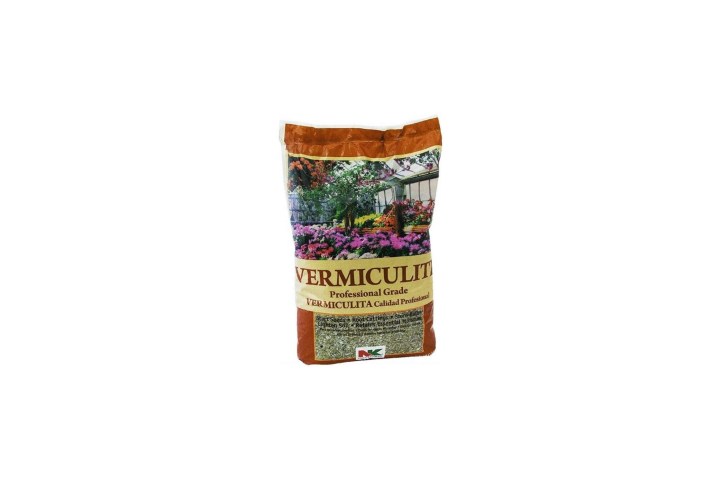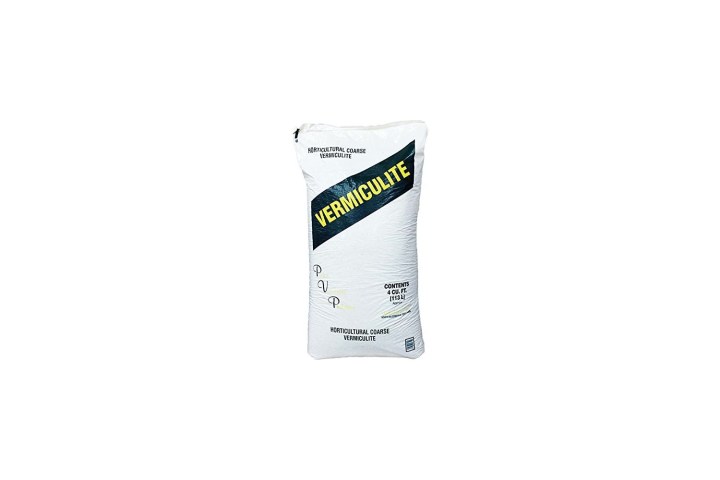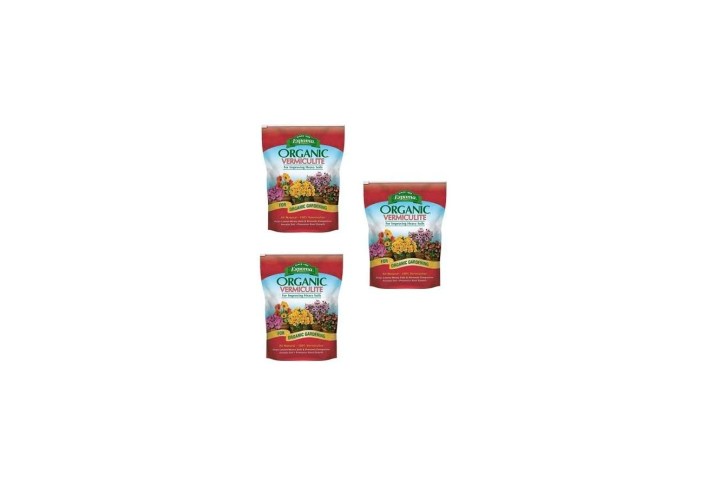Vermiculite is almost magical in its abilities — it prevents root rot while providing essential moisture. It can replace soil in hydroponics and can be used to germinate seeds. Different grade and size vermiculite differ with each purpose. Here is a list of the best vermiculite online to help you choose the one fit for your garden.
Vermiculite is indispensable. It can be used to germinate seeds because it holds water that the seed can absorb slowly. It prevents compact soil by absorbing excess water and providing aeration. When you replace soil with vermiculite, you’re also allowing the plant to absorb other nutrients like calcium and ammonium for faster growth. You can also mix vermiculite into soil to prevent root rot and drying out. Let’s check out our top picks for the best vermiculite.
Plantation Products Vermiculite
Best overall

Plantation Products’ vermiculite is ideal for improving soil quality in large quantities. It does so by loosening soil, encouraging aeration, and holding onto water. Furthermore, it’s approved for germinating seeds and propagating seedlings. One pack contains 8 quarts of vermiculite.
PVP Industries Coarse Vermiculite
Best value vermiculite

PVP Industries offers a 4-cubic-foot bag of vermiculite that’s free of asbestos. This particular vermiculite is coarse, which helps loosen soil and encourages moisture retention. When soil is loosened, roots can expand, and your plants can thrive even more. PVP Industries’ vermiculite is ideal for loosening compact soils like clay and improving soil moisture.
Espoma Organic Vermiculite
Best organic vermiculite

If you’re seeking a completely natural vermiculite to lighten heavy soils, Espoma’s bag of organic vermiculture is your ideal choice. Heavy soils inhibit root growth, but vermiculite loosens soils to encourage root growth. One bag weighs 1.5 pounds, which is great for improving individual pots or smaller patches of the garden.
Vermiculite is better than a fertilizer — it helps roots grow, keeps soil healthy, and houses germinating seeds. Whether you’re looking to supplement your whole garden or a few potted plants, vermiculite will help keep your soil moist and loose for better aeration and root growth. Try any of the vermiculite bags on this list and witness the significant difference in your plants.



